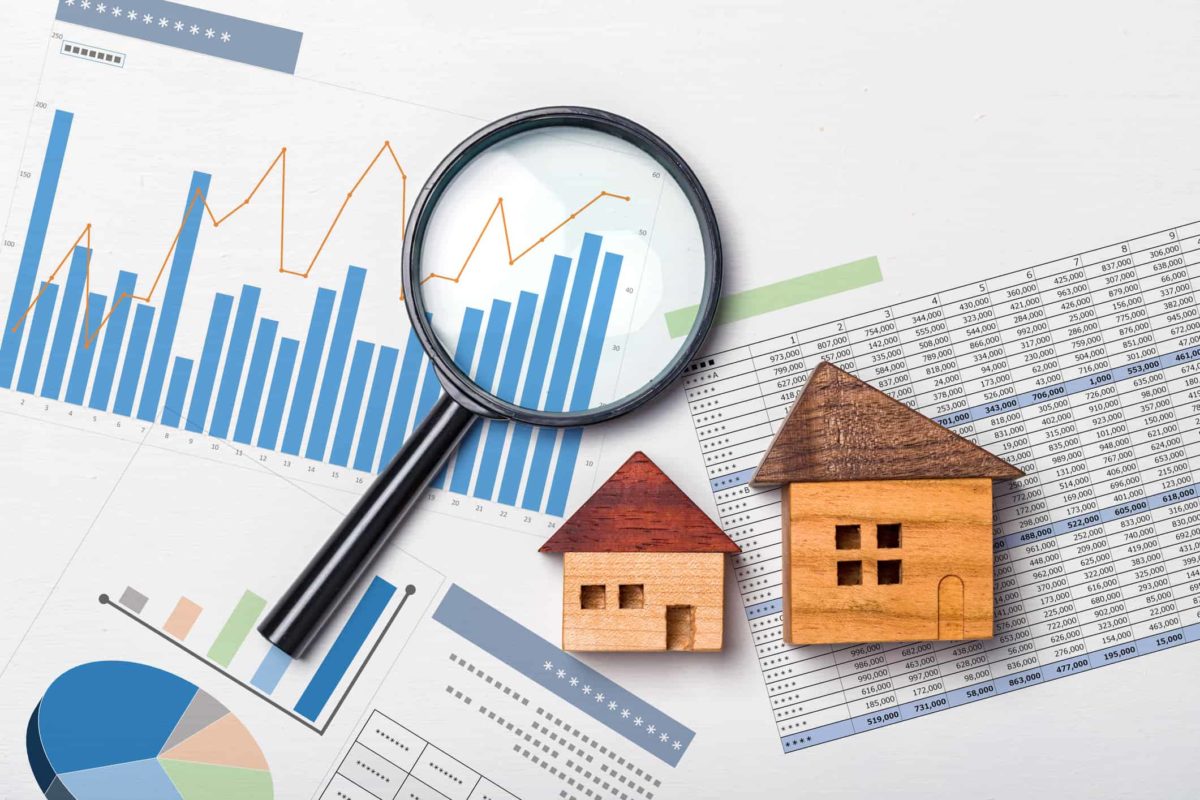Whilst we Fools normally preoccupy ourselves with the performance of the ASX sharemarket and the S&P/ASX 200 (INDEXASX: JXO), we also take a look at the property prices and the housing market from time to time.
The property market is an important economic barometer that has far-reaching implications for the economy and the ASX. Up until now, we haven't been able to get a good grasp of how the coronavirus pandemic has really effected long-term house prices. But new reporting from BusinessInsider has shed some light on the 2020 housing market as we start a new financial year today.
The BusinessInsider report quotes new data from research firm, CoreLogic. This data shows national property prices fell an average of 0.7% over the month of June. This is nearly double the 0.4% drop we saw over May. On average, capital city property prices declined by 1.3%.
Sydney, Perth and Melbourne house prices experienced the worst falls, with milder drops in Brisbane, Adelaide and regional markets. Hobart, Darwin and Canberra all managed to eke out slim growth.
The report notes that things could have been a lot worse. Back in March, forecasters like the Commonwealth Bank of Australia (ASX: CBA) were estimating property prices had the potential to plunge more than 10%.
But various government policies and income support payments like JobKeeper have evidently gone a long way to stem any potential bleeding in house prices. As have moratoriums on rental payments and evictions that the ASX banks like CommBank and various governments have implemented. Interest rates are also at record lows, which is also likely to be buttressing housing market stress.
What's next for Aussie house prices?
Whilst the data from May and June isn't exactly good news, it certainly could have been a lot worse. We are by no means out of the woods yet though.
Rental moratoriums will not last forever and neither will the generous support payments like JobKeeper. The report also quotes Domain Holdings Australia Ltd's (ASX: DHG) Trent Wiltshire, who warns investors to brace for the end of these economic safety nets, which could come as soon as September:
"The key thing that potentially will push prices down is if people are forced to sell their properties. If we have people losing JobKeeper or the higher JobSeeker payment and then to need to start repaying their mortgage again, then that's a really big hit to them, the economy and that will likely see a big rise in forced sales."
So a lot is riding on the longevity of these safety nets. So if you want to keep an eye on where house price could head in FY21, watching developments in this space is a good place to start. In the meantime, I think all investors – be it in shares or property – should proceed with caution. As I said earlier, we are not out of the woods yet.









